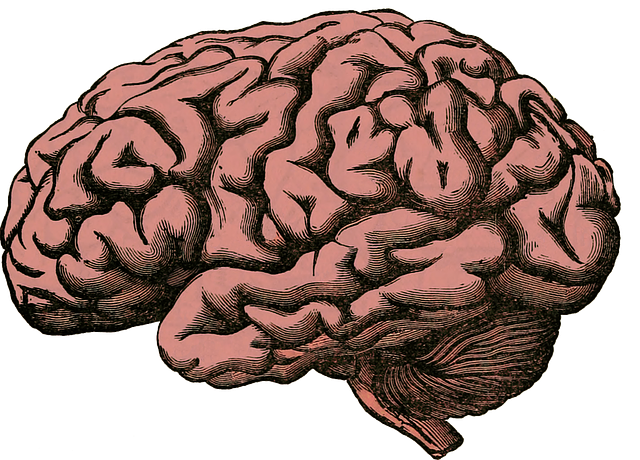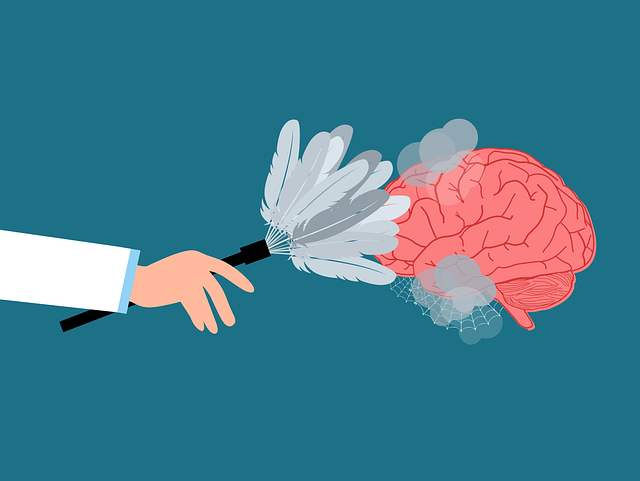Mental wellness is a key factor in preventing severe issues like depression, anxiety, and suicide among young adults undergoing life transitions. Tailored therapy and self-care practices empower them with coping skills and emotional well-being promotion techniques. Regular exercise, mindfulness, and hobbies combat stress, while specific young adult therapy teaches social skills and provides safe emotional expression spaces. Personalized mental health routines, based on unique needs and effective strategies, enhance overall well-being. Building resilience through therapy equips individuals with tools to navigate challenges and encourages help-seeking before harmful actions, including suicide prevention.
Mental wellness is a cornerstone of overall health, especially for young adults navigating life’s challenges. Understanding the impact of mental health issues on this demographic is crucial. This article delves into strategies for self-care routines designed to prevent suicide and promote long-term wellbeing. We explore identifying at-risk behaviors, creating personalized strategies using evidence-based tools, building resilience, and fostering coping mechanisms through therapy for young adults. By implementing these practices, individuals can enhance their mental wellness and overall quality of life.
- Understanding Mental Wellness and Its Impact on Young Adults
- Identifying Self-Care Practices for Suicide Prevention
- Creating a Personalized Routine: Strategies and Tools
- Building Resilience and Coping Mechanisms for Long-Term Wellbeing
Understanding Mental Wellness and Its Impact on Young Adults

Mental wellness is a vital aspect of overall health, especially for young adults navigating their way through life’s challenges and transitions. It refers to an individual’s emotional, psychological, and social well-being, influencing how they think, feel, and act in various situations. For young adults, this period is often characterized by significant changes, including academic shifts, career choices, and forming independent identities. While many thrive during these years, others may struggle with mental health issues that can impact their daily functioning and overall quality of life.
Understanding the importance of mental wellness is crucial in preventing more severe outcomes like depression, anxiety disorders, or even suicide, which are significant concerns among young adults. Therapy and support services tailored for this demographic play a pivotal role in teaching coping skills development and emotional well-being promotion techniques. By integrating self-care practices into their routines, young adults can enhance resilience, build healthy habits, and improve overall mental wellness, thereby fostering a more balanced and fulfilling life.
Identifying Self-Care Practices for Suicide Prevention

Identifying Self-Care Practices for Suicide Prevention is a vital step in fostering mental wellness, especially among young adults. In today’s fast-paced world, stress management becomes an essential component of overall health. Incorporating strategies such as regular exercise, mindfulness practices, and engaging in hobbies can significantly reduce anxiety levels and create a buffer against potential suicide risks. These self-care practices not only promote relaxation but also enhance one’s ability to cope with life’s challenges.
Therapy for Young Adults plays a crucial role in teaching effective coping mechanisms and social skills training, which are integral to building resilience. By encouraging open communication, fostering healthy relationships, and providing safe spaces for expression, therapy empowers individuals to navigate their emotions effectively. Additionally, incorporating self-care routines into daily life can serve as a powerful tool in suicide prevention, ensuring that young adults have the resources they need to maintain their mental wellness and overall well-being.
Creating a Personalized Routine: Strategies and Tools

Creating a Personalized Routine involves understanding your unique mental health needs and incorporating strategies that resonate with you. It’s not one-size-fits-all; your routine should be tailored to promote resilience, reduce stress, and enhance overall well-being. Start by reflecting on your daily life—identify times when you feel most grounded or anxious, and notice patterns related to sleep, diet, and social connections. This self-awareness is key to designing a meaningful plan.
Consider incorporating practices like Mindfulness Meditation, which has been shown to be effective in therapy for young adults facing suicide prevention concerns. Regular meditation can help manage stress, improve focus, and cultivate emotional balance. Other tools include journaling, nature walks, engaging in hobbies, or practicing gratitude. Your Self-Care Routine Development for Better Mental Health is an evolving process; regularly assess its effectiveness and make adjustments as needed, ensuring a supportive network of friends, family, or professionals to guide you along the way.
Building Resilience and Coping Mechanisms for Long-Term Wellbeing

Building resilience is a cornerstone of mental wellness, equipping individuals with the ability to bounce back from challenges and setbacks. For young adults, developing robust coping mechanisms can be transformative in fostering long-term wellbeing. Therapy plays a pivotal role here, offering safe spaces for self-exploration and the acquisition of healthy coping strategies. By engaging in therapy, individuals can learn to navigate stress, anxiety, and depression more effectively, thereby reducing the risk of succumbing to mental health crises.
Self-awareness exercises and mindfulness practices are powerful tools within this context. They encourage individuals to understand their thoughts, emotions, and triggers, enabling them to make conscious choices rather than reacting impulsively. Promoting mind over matter principles through positive affirmations and cognitive restructuring can help reframe negative thought patterns. Public awareness campaigns development centered around mental health can further normalize these conversations, encouraging young adults to seek support before considering harmful actions like suicide prevention.
Developing a robust mental wellness self-care routine is paramount for young adults, especially in mitigating risks associated with suicide prevention. By understanding the impact of mental health on this demographic and identifying tailored self-care practices, individuals can build resilience and effective coping mechanisms. The strategies and tools outlined in this article empower young adults to take charge of their wellbeing, fostering long-term mental wellness through proactive therapy and self-nurturing.








